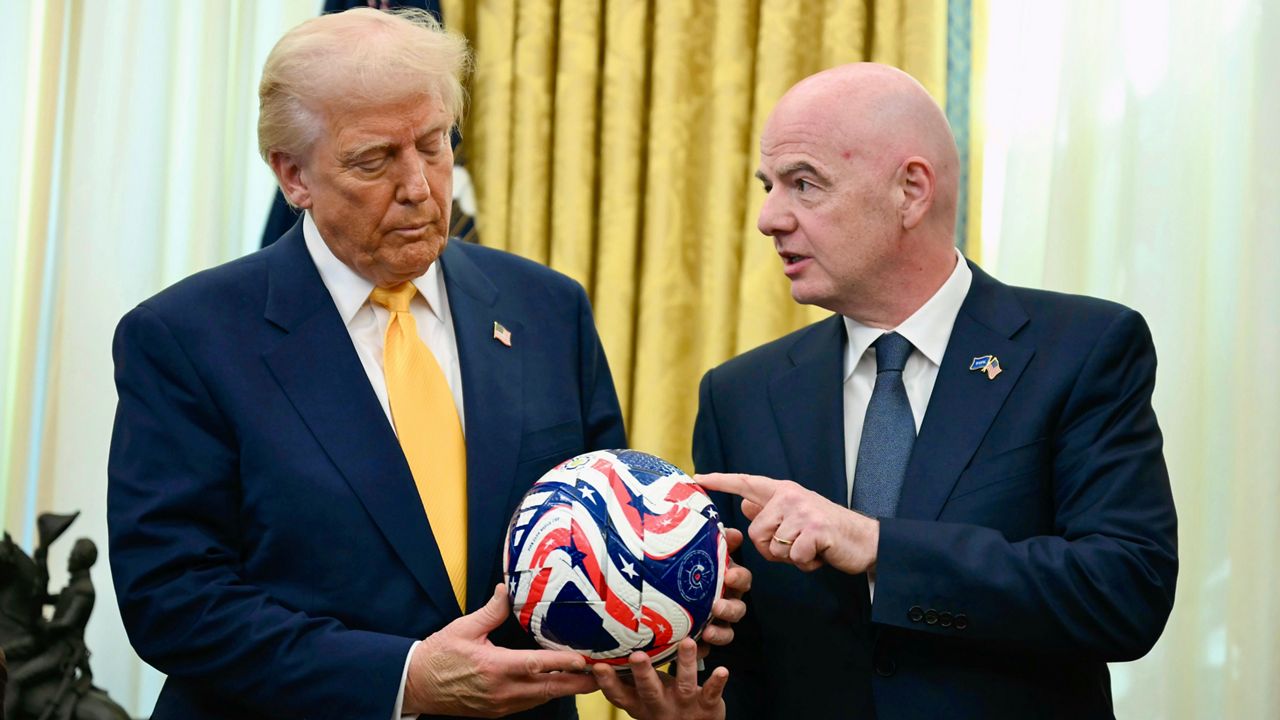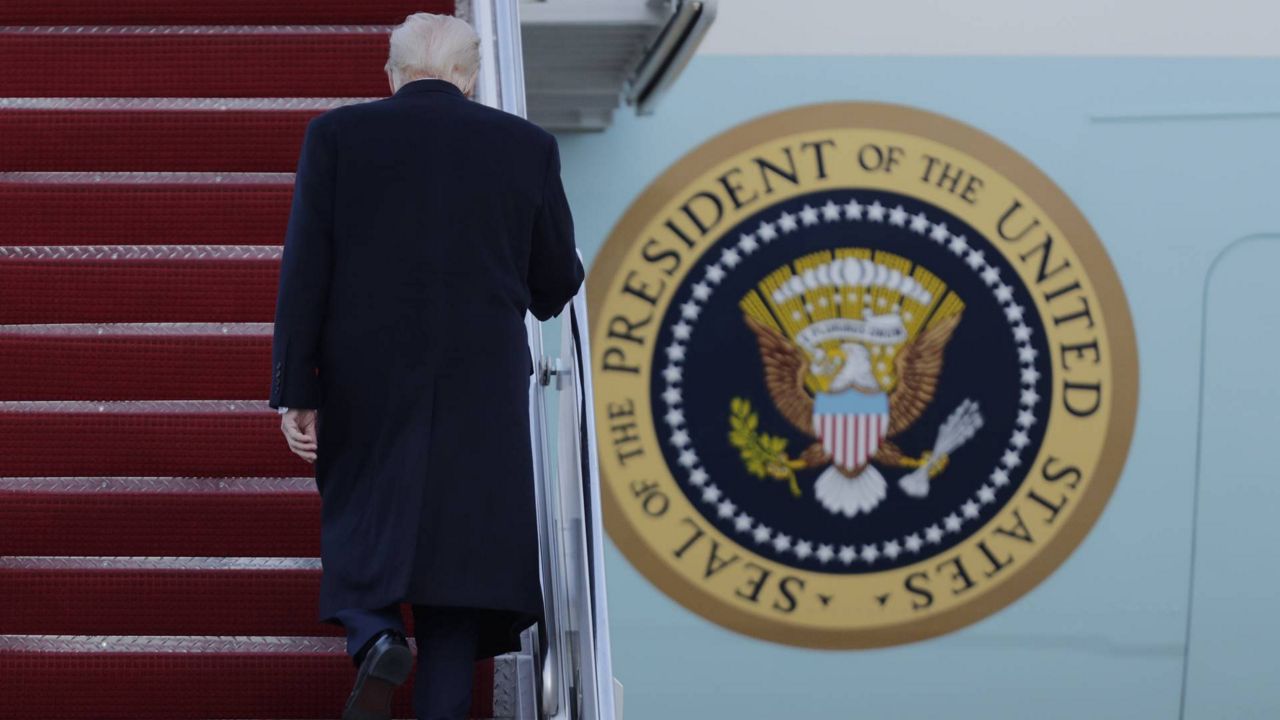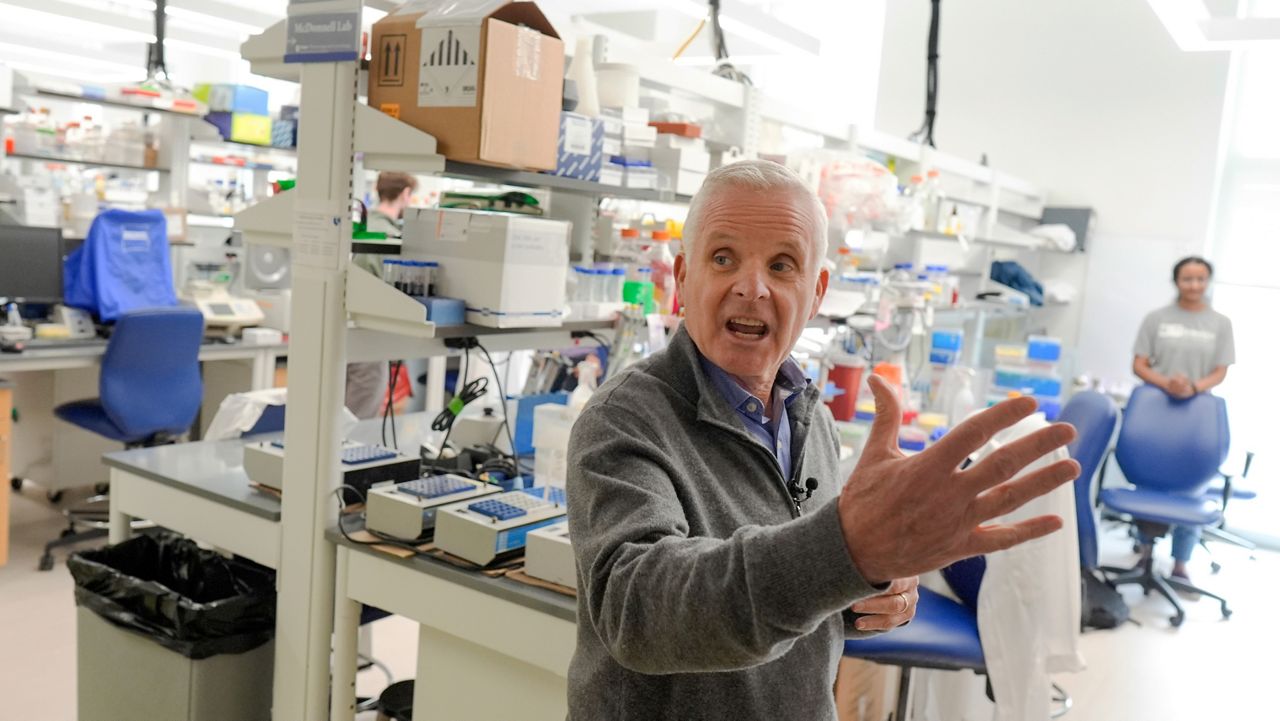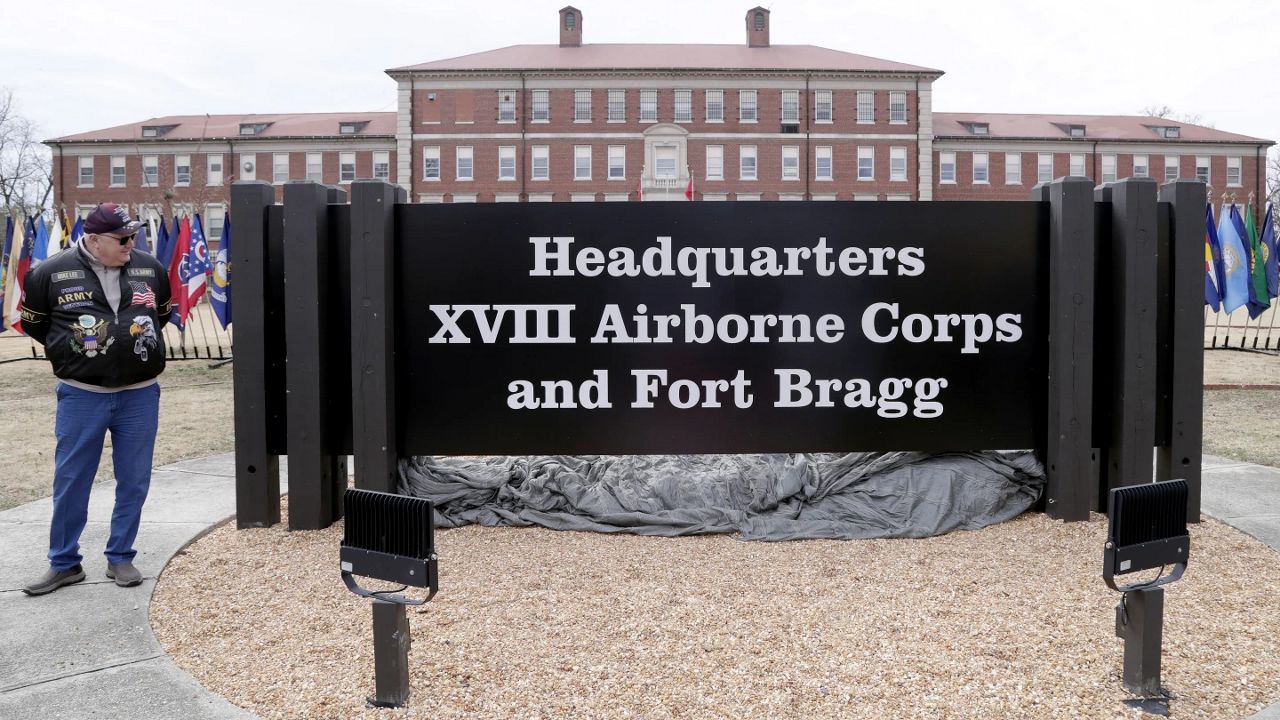Images of soldiers, tanks and military equipment have dominated television screens recently from the border of Russia and Ukraine as the countries prepare for the potential of war.
But around 25 miles from the border in the Ukrainian city of Kharkiv there’s a sense of normalcy.
“They’re working. They’re living their everyday lives. Actually restaurants … and bars are full,” Yuliya Bidenko said.
Bidenko grew up in Kharkiv and today is a political science professor at Karazin Kharkiv National University in the city.
Kharkiv is Ukraine’s second biggest city, with over a million people.
It’s an educational hub with students from around the world. But it’s also a potential first target if Russia invades.
“When you have … neighbors [like Russia] you are worrying frequently,” Bidenko said.
In 2014 Russia annexed Ukraine’s Crimean peninsula.
More than 14,000 people have been killed between Ukrainian forces and Russia-backed rebels.
“We have good hope that he [Putin] is bluffing … I don’t think [the] Russian population is so into wide-scale war with Ukraine, but they have another narrative right now that Ukraine isn’t so important, it just kind of grounds to fight with the Americans,” Bidenko said.“We have good hope that he [Putin] is bluffing … I don’t think [the] Russian population is so into wide-scale war with Ukraine, but they have another narrative right now that Ukraine isn’t so important, it just kind of grounds to fight with the Americans,” Bidenko said.
Bidenko said the Ukrainian military is better equipped than it was in 2014.
But they are staring down a force of more than 100,000 Russian troops.
She said if an invasion does occur it could result in a refugee crisis as people in Ukraine attempt to leave.
“It could be up to 10 million that would like to escape to Europe from this war,” Bidenko said.
While life may appear normal on the streets of Ukraine, Bidenko is preparing to make an evacuation plan as fear along the border and inside this country of 40 million takes hold.
“We have good hope that our Western allies, our people, mobilize in very different ways, will save us,” Bidenko said. “I really hope the diplomatic way, economic sanctions will be sufficient.”









